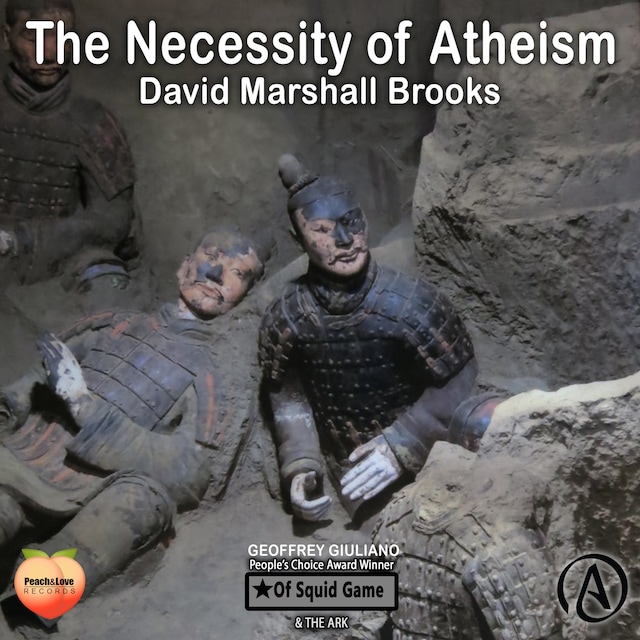
The Necessity Of Atheism
Beskrivning av boken
Atheism, in the broadest sense, is an absence of belief in the existence of deities. Less broadly, atheism is a rejection of the belief that any deities exist. In an even narrower sense, atheism is specifically the position that there are no deities. Atheism is contrasted with theism, which in its most general form is the belief that at least one deity exists.
The first individuals to identify themselves as atheists lived in the 18th century during the Age of Enlightenment. The French Revolution noted for its "unprecedented atheism", witnessed the first significant political movement in history to advocate for the supremacy of human reason. In 1967, Albania declared itself the first official atheist country according to its policy of state Marxism.
Arguments for atheism range from philosophical to social and historical approaches. Rationales for not believing in deities include the lack of evidence, the problem of evil, the argument from inconsistent revelations, the rejection of concepts that cannot be falsified, and the argument from nonbelief. Nonbelievers contend that atheism is a more parsimonious position than theism and that everyone is born without a belief in deities; therefore, they argue that the burden of proof lies not on the atheist to disprove the existence of gods but on the theist to provide a rationale for theism. Although some atheists have adopted secular philosophies (e.g. secular humanism), there is no ideology or code of conduct to which all atheists adhere.


